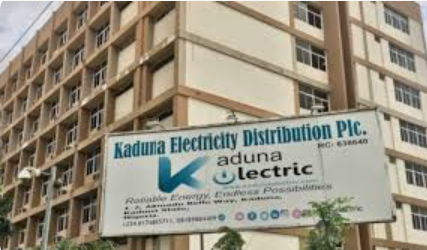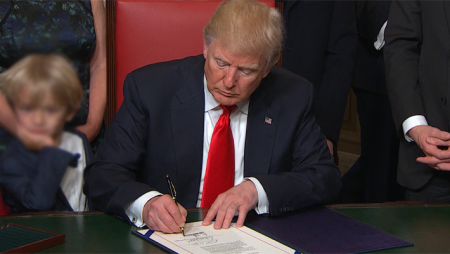The power outage experienced across Kaduna, Kebbi, Sokoto, and Zamfara states was a direct result of an industrial action embarked upon by the National Union of Electricity Employees (NUEE) following the dismissal of 450 employees of Kaduna Electric. The company, facing significant operational and financial headwinds, deemed the staff reduction a necessary measure for its long-term survival and ability to meet market obligations. This action, however, sparked a strong reaction from the NUEE, who contested the manner in which the dismissals were handled, particularly regarding the payment of severance entitlements. While the union acknowledged the company’s right to downsize, they insisted that the process must adhere to established legal obligations and the stipulated conditions of service, which mandate the payment of full entitlements to disengaged staff. This disagreement ultimately led to the industrial action and the subsequent power disruption.
Kaduna Electric, in its official statement, confirmed the dismissal of 450 employees, contradicting the union’s claim of 900 affected workers. The company emphasized the necessity of this restructuring exercise, framing it as a critical step towards long-term sustainability and improved operational efficiency. The decision, according to the company, was driven by pressing operational and financial challenges that hindered its ability to meet market demands and operational targets. The management further argued that this “right-sizing” initiative, coupled with planned capital investments, was crucial for enhancing operational effectiveness and ensuring the company’s future viability. They expressed regret for the inconvenience caused by the power outages and pledged commitment to finding an amicable resolution to the dispute with the union, thereby restoring normal power supply as swiftly as possible.
The core issue of contention revolves around the payment of entitlements to the dismissed workers. While Kaduna Electric maintains that the restructuring was unavoidable for its survival, the NUEE insists that the company must fulfill its legal obligations towards the affected employees before any such action can be deemed legitimate. This fundamental difference in perspectives led to the impasse and the subsequent industrial action, significantly impacting power supply across the affected states. The union’s argument centers on the principle of fair labor practices and the protection of workers’ rights, emphasizing that even in cases of downsizing, companies must adhere to legal procedures and ensure the welfare of their employees.
The industrial action, which resulted in a prolonged power outage exceeding 24 hours in some areas, highlighted the delicate balance between a company’s need for operational efficiency and the rights of its employees. The incident underscored the importance of transparent and constructive dialogue between management and labor unions, particularly in situations involving workforce restructuring. The lack of effective communication and the perceived disregard for established labor procedures appear to have exacerbated the situation, leading to the disruptive industrial action. This incident serves as a case study for the importance of proactive engagement and collaborative problem-solving in labor relations to prevent disruptions to essential services.
Kaduna Electric, while acknowledging the disruption caused by the industrial action, reiterated its commitment to resolving the dispute amicably and restoring power supply. The company expressed its appreciation to security agencies for maintaining order and protecting personnel and facilities during the strike. Furthermore, Kaduna Electric reassured its customers of its dedication to providing reliable power and apologized for the inconvenience experienced. The company stressed its focus on navigating the current challenges and emerging stronger to better serve its customer base and stakeholders. This commitment underscores the company’s awareness of its responsibility to the public and its determination to restore normalcy and improve service delivery.
In conclusion, the power outage in Kaduna Electric’s franchise area stemmed from a labor dispute triggered by the dismissal of 450 employees. The crux of the disagreement lies in the handling of the dismissals, specifically the payment of entitlements, which the union insists is a legal obligation. The resulting industrial action highlighted the critical importance of open communication and adherence to established labor practices in managing workforce restructuring. While Kaduna Electric maintains the necessity of the downsizing for its survival, the incident serves as a reminder of the delicate balance between operational efficiency and employee rights, emphasizing the need for proactive engagement and collaborative solutions to prevent disruptions to essential services like electricity supply.














